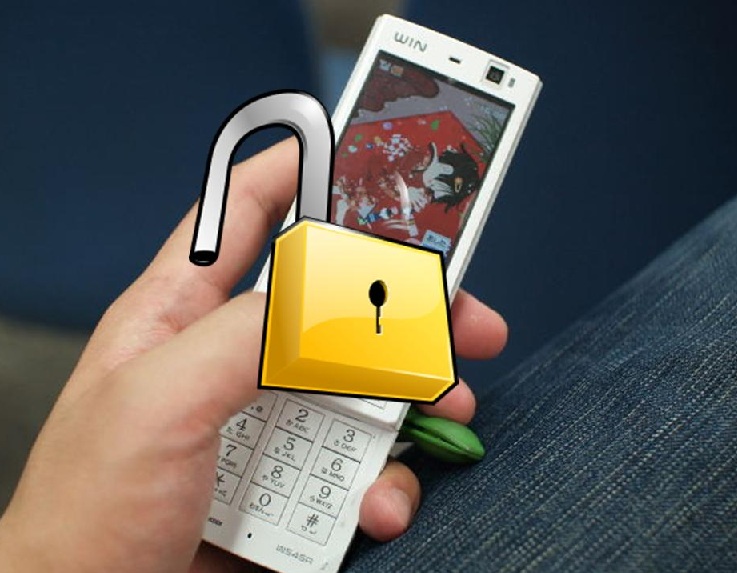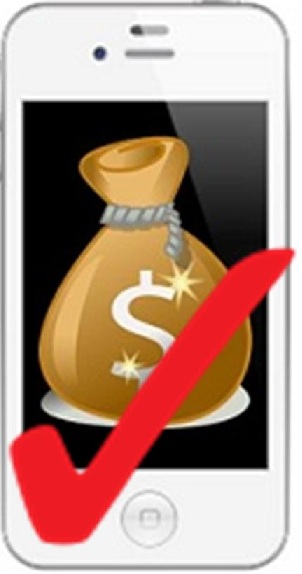 While safety and privacy concerns are still high among smartphone users, they continue to take unnecessary chances.
While safety and privacy concerns are still high among smartphone users, they continue to take unnecessary chances.
Smartphones are being used for a growing number of tasks every day, from placing phone calls and sending and receiving texts, to communicating thorough email, making product purchases, banking, and a broad range of other activities that require a high level of mobile security.
Many of these device users are very conscious of risks, and yet their behaviors increase their chances of data theft.
The amount of sensitive data that is being stored on smartphones is incredible. It not only includes login information for email and social network accounts, but it also involves proof of insurance cards, credit and debit card numbers, identification numbers, and an entire directory of contact information for virtually everyone we know. But at the same time, many of us fail to make the right mobile security choices to ensure that this information stays out of the hands of others.
Mobile security efforts are not nearly as strong among consumers as the steps taken on PCs.
Many consumers are unaware of the fact that their devices could be hacked or become infected with a virus. Moreover, few have taken the steps required to stop this data from being used by someone who has stolen the device.
ABC News recently reported that there are ten foolish behaviors that many people either do or fail to do in the use of their mobile devices. They included the following:
• A lack of password protection for their phone in general and for individual apps and accounts.
• Failing to purge old smartphone data before disposing of the device.
• Making purchases through a smartphone browser instead of through a commerce application.
• Failing to log out of banking and payments apps.
• Connecting automatically to any WiFi connection that is available.
• Leaving the Bluetooth connection open while not in use.
• Storing highly sensitive data on smartphones, such as Social Security numbers, PINs, and bank or credit card account information, which require far more mobile security than the device is capable of providing.

 The software team based in Norway will be partnering with Neomobile out of Italy.
The software team based in Norway will be partnering with Neomobile out of Italy.